Kabale Regional Referral Hospital receives a Phototherapy machine and a CPAP machine courtesy of KAB School of Medicine
Kabale University has donated two machines to Kabale Regional Referral Hospital to help in diagnosing and treating medical conditions in pediatric patients.
The Dean of the Kabale University’s School of Medicine (KABSOM), Prof. James Tumwiine has handed over a Phototherapy and a CPAP machines to Dr. Filbert Nyeko, who is the Executive Director of the Hospital. The event took place in the presence of Dr. Timothy Nduhukire who is the Head of the Department of Paediatrics KABSOM & Child Health at KABSOM and Dr. Steven Businge, the Clinical Head of Paediatrics at KRRH.
According to Dr. Nduhukire, Kabale University donated the equipment to contribute to improved healthcare services in the community which the hospital serves, but also serve as teaching tools for students at KABSOM to enhance their educational experience by providing hands-on training opportunities.
Phototherapy is a medical treatment commonly used to treat newborns who have jaundice, a condition where the skin and eyes appear yellow due to elevated levels of bilirubin in the blood. Bilirubin is a waste product that is produced when red blood cells are broken down. Newborns are more susceptible to jaundice because their livers are still developing and may not efficiently process bilirubin.
Dr. Nduhukire explains that excessive levels of bilirubin in a newborn’s bloodstream can potentially lead to a condition called hyperbilirubinemia, which in severe cases, can result in a type of brain damage known as kernicterus. Kernicterus can cause long-term neurological problems, including developmental delays, hearing loss, and movement disorders.
On the other hand, a CPAP (Continuous Positive Airway Pressure) machine is often used to assist patients with breathing difficulties, such as those with sleep apnea or newborns with respiratory distress syndrome. The CPAP machine takes in room air, then filters and pressurizes it before delivering it through a tube and into a mask. This stabilizes breathing and improves your overall sleep quality.
Dr. Nyeko welcomed the donation, noting that this will help the hospital to reduce significantly, the risk of hyperbilirubinemia and its associated brain-related complications. He commended KAB for enhancing patient care at the hospital, and for providing a valuable hands-on learning experience for medical students at KAB.


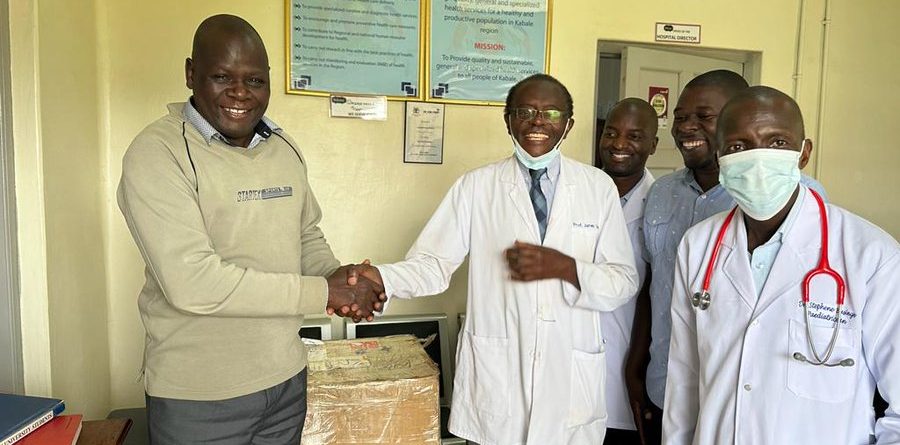

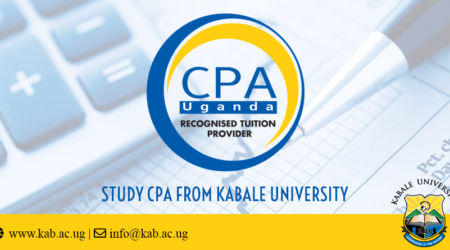
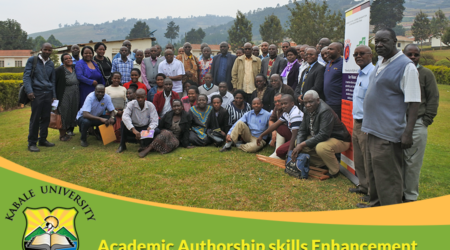
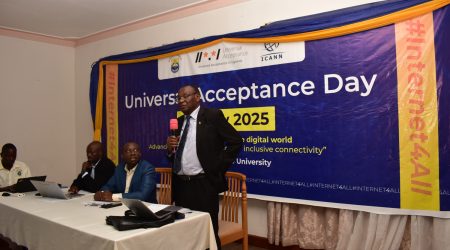
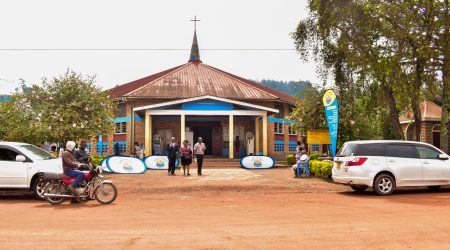
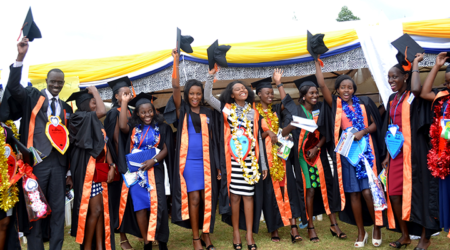
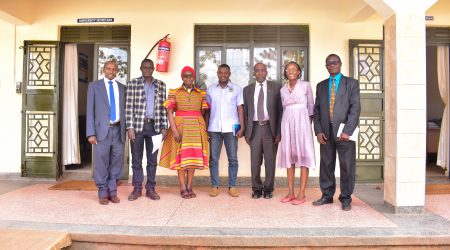
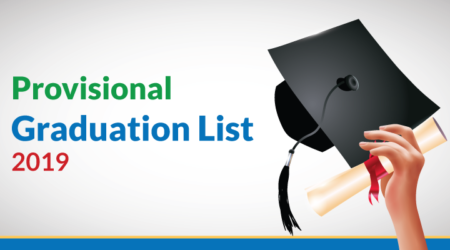
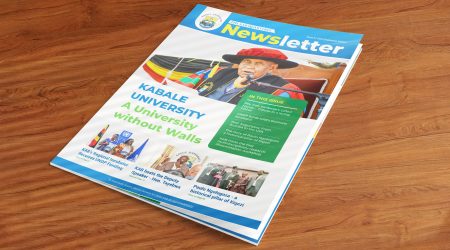
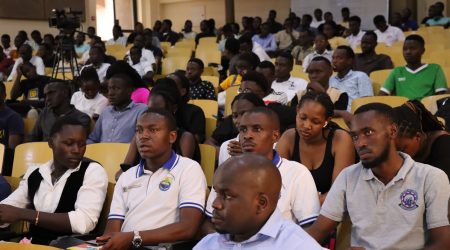
Leave a Reply